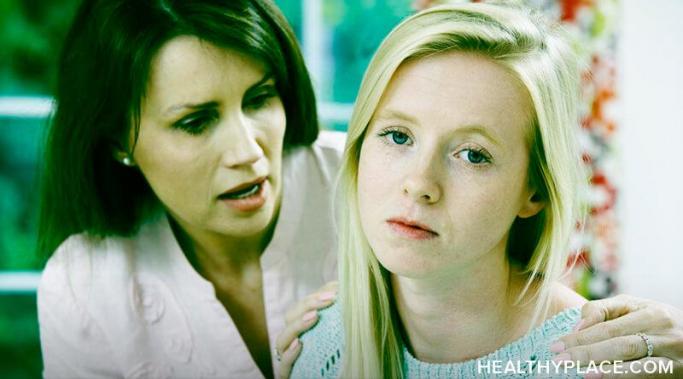Blogs
This year will be seven years since my cat died, and I’m still not over the pet loss. My cat was a part of my life for 17 years, and it doesn’t seem big enough an expression to describe her death as something that rocked me. Will I ever get over it? I have no idea, but I’ll highlight a couple of reasons preventing me from getting over the loss of my pet.
College is often the change in environment lesbian, gay, bisexual, transgender, queer, plus (LGBTQ+) students need to discover their identity, express themselves, and meet other queer people their age. Choosing a school where they can thrive and be themselves is important. The school I attended helped me learn more about LGBTQ+ people and come to terms with my identity. There were a few deciding factors I looked for when choosing a school that would be supportive of LGBTQ+ students and create an environment where they can be themselves.
For most of my life, I was plagued by the question, "What will I do without an eating disorder?" It felt unattainable even to imagine an alternate reality in which those obsessions with food, exercise, or body image weren't constantly humming at the forefront of my brain. Each waking moment was a conquest to burn calories—or simply avoid them altogether. At the time, it seemed euphoric, but now I can see just how bleak of an existence I forced myself to live. So these days, I ask another question: "What can I do without an eating disorder?"
With anxiety, I often feel as though I don't have a handle on my circumstances and surroundings. This sense of a lack of control over my environment causes my anxiety to jump into overdrive, to the point that I can't stop my racing or intrusive thoughts. One of the things I've found helpful is to have something to focus on.
Generation Z (or Gen Z or Zoomers), the generation that succeeds Generation Y (or Gen Y or millennials), is currently more aware of mental health than any other generation. While this sounds like good news, there are negative aspects as well. Let's take a look at Generation Z's relationship to mental health.
Social media and self-esteem have become opposing ideas in recent years, especially as more people get sucked into the hollow cycle of likes, comments, and shares. Like it or not, social media is deeply ingrained in modern society. Though it started as a way to connect with others, it continues to evolve into a world where people seek validation from strangers. While it has positive aspects, social media also negatively affects people’s self-esteem.
Creating a peaceful and blissful home environment that promotes wellbeing and happiness is essential to living a blissful life. A harmonious home should provide a comfortable living space that promotes relaxation, revitalization, and joy. Here are some tips and ideas to help you cultivate a calm and pleasant living environment in your home where you can experience and enjoy daily bliss.
Although our society has come a long way in the treatment and perception of mental illness, there’s no doubt that stigmas surrounding these illnesses are still alive and well. Societal stigma can lead to self-stigma, and both can be very damaging to people with depression. Here we'll discuss common stigmas about depression, why they're problematic, and what you can do to fight them.
Schizophrenia and generalized anxiety disorder (GAD) are complicated illnesses for which quick fixes do not work. It often seems like popular media outlets cover and sell ideas that dealing with anxiety is just a matter of learning a few mindfulness exercises or wrapping yourself up in a weighted blanket. I see less in the media addressing the symptoms of schizophrenia. Still, I know from experience that people can think that just telling someone with delusions or hallucinations that they aren't real will somehow make the belief disappear (it doesn't).
Writing uplifting poetry is one of my favorite ways to promote mental wellbeing. A few weeks ago, I read my poetry and gave a speech at a local event for the National Alliance on Mental Illness (NAMI). During my speech, I talked about my experience using creativity to cope with anxiety and depression. To learn about my public speaking experience and how it affected my confidence, continue reading this post.









